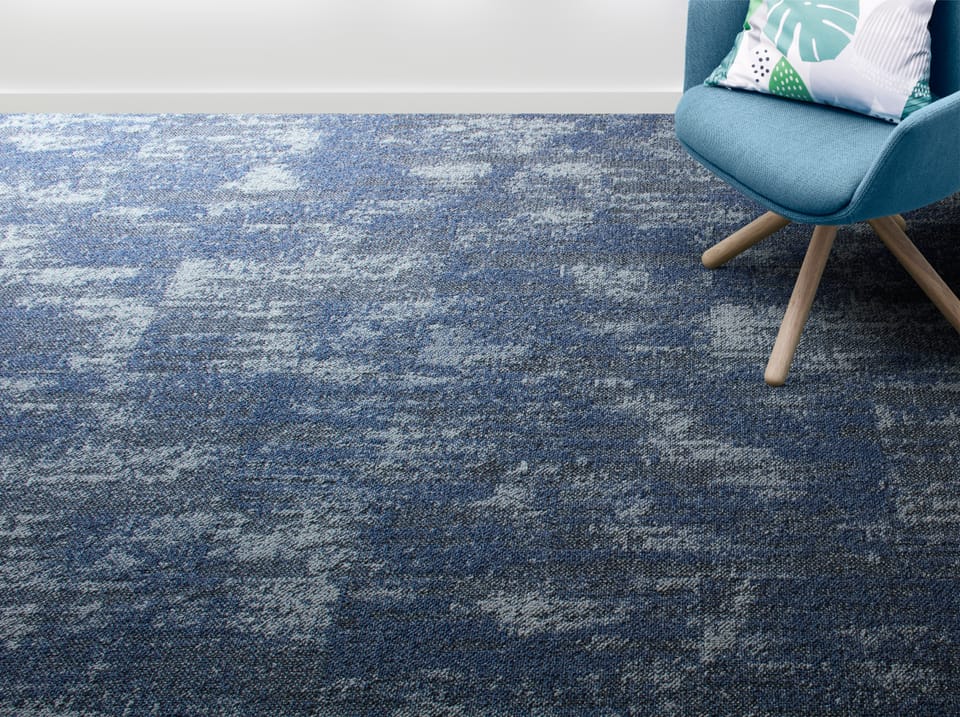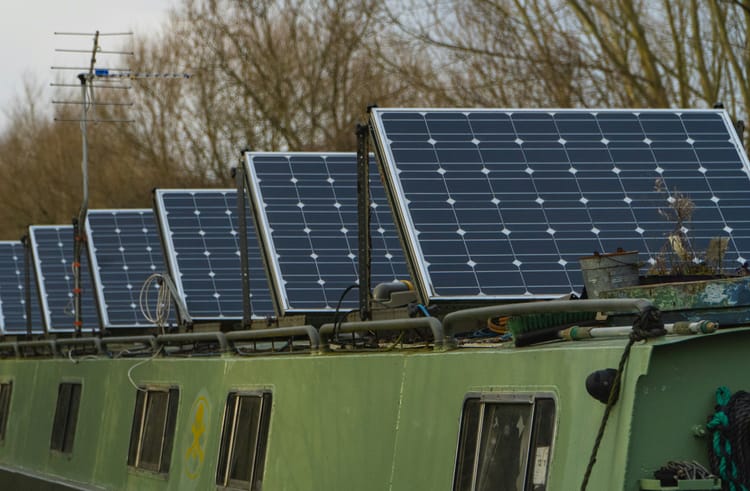Interface to repurpose millions of dollars of carbon offset investments towards CO2 reductions

Flooring manufacturer Interface has decided to move away from carbon offsets and focus exclusively on carbon reduction and storage from 2025, repurposing millions of dollars of offset investment towards innovation.
In 2022, Interface retired 418,275 metric tonnes of carbon offsets to achieve its claim of ‘carbon-neutral floors’, and another 45,000 credits were retired to make its own operations carbon neutral.
Research by Ecosystem Marketplace shows that the average price of credits in 2022 was around US$7 – which means that by repurposing carbon offset investments, Interface will likely free up more than US$2 million for carbon reduction and storage innovation starting next year.
“We’re ‘all in’ on solving the climate crisis. We’ve made incredible progress in our 30-year sustainability journey, and we’re committed to achieving our ambitious environmental sustainability goals without carbon offsets,” said Laurel Hurd, the company’s CEO.
Focus on carbon-negative carpet tiles
According to Hurd, this decision was made possible by the success of Interface’s carbon-negative carpet tile, a pilot product pairing specialty yarns and tufting processes with a specific type of backing developed with biobased and recycled content to absorb more carbon than it produces.
“Carbon negative carpet tile changed everything for Interface. We now know it’s possible to store more carbon than we emit – and we believe we can accomplish this across our product portfolio, from carpet tile to resilient flooring. We want to challenge ourselves and others to become carbon negative, enterprise wide, without offsets,” she added.
As of April 30, 2024, Interface will therefore discontinue its carbon-neutral floors and enterprise programmes to increase the budget available to reimagine product development and manufacturing, innovate around raw materials and increase biobased and recycled content – all with the goal of driving carbon reduction and storage across its supply chain.
Interface sustainability ambitions
Speaking to CSO Futures last November, VP of Global Market Sustainability Lisa Conway discussed how the company’s strategy of setting “impossible-sounding ambitions” had driven progress so far. For her, the creation of the carbon-negative carpet tile was “a proof point of how powerful that level of impossible sounding ambition can be.”
Interface has a science-based target to reduce absolute scope 1 and 2 GHG emissions by 50%, absolute Scope 3 emissions from purchased goods and services by 50% and emissions from business travel and employee commuting by 30% by 2030 (from a 2019 base year).
As of 2022, it had cut absolute Scope 1 and 2 (market-based) emissions by 25% and Scope 3 emissions by 27% compared to its baseline. That same year, the company used 48% recycled materials and 4% biobased materials across its entire product line, and had lowered products’ carbon intensity from 5.2 kg of CO2 per square metre for carpets and 12.5 kg for vinyl tiles in 2019 to 4.2 kg and 9.1kg of CO2 per square metre respectively.
By 2040, Interface aims to become a carbon-negative enterprise, without offsets.
Deep industry divide over carbon offset use
The use of carbon offsets to meet net zero objectives remains a controversial topic in sustainability circles: earlier this month, the suggestion by the SBTi Board of Trustees that carbon offsets may be used for Scope 3 decarbonisation in an upcoming revision of its Corporate Net Zero Standard created turmoil in the market and revealed deep division around this topic.
While carbon market promoters rejoiced, NGOs and think tanks slammed the suggestion, noting that it would lead to a decline in already insufficient climate ambition.
Last week, SBTi’s CEO Luiz Amaral issued a statement acknowledging and “deeply regretting the concern and distress this situation has caused” and reminding stakeholders that the standard has not yet been updated and that “companies cannot buy their way out of acting”. But he also warned that not all emissions are equal and that the conversation around Scope 3 decarbonisation must continue.
“It’s perhaps a sign of our maturity as an organisation that we do not shy away from even the most challenging debates – and I for one am not afraid to discuss, revisit and rethink our approach based on scientific evidence and following pre-established processes,” he added.







Member discussion